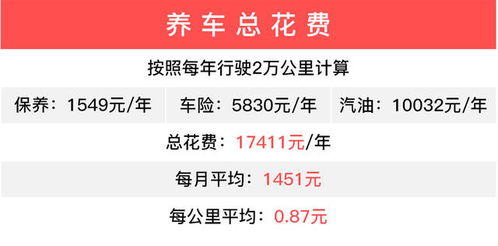大数据隐私保护技术包括哪些
Title: Integrating Big Data Privacy Protection with Blockchain Solutions
In today's datadriven world, the convergence of big data and blockchain technologies presents promising opportunities for enhancing data privacy protection. Let's delve into the intricacies of this fusion and explore how it can be leveraged to develop robust solutions.
Understanding the Need:
1.
Big Data Challenges
: Big data encompasses vast volumes of information collected from various sources, posing challenges in terms of storage, analysis, and privacy protection.2.
Privacy Concerns
: With the proliferation of data breaches and privacy infringements, safeguarding sensitive information has become imperative for organizations and individuals alike.3.
Blockchain Technology
: Blockchain offers a decentralized and immutable ledger system that ensures transparency, security, and trust in data transactions.Key Components of the Solution:
1.
Data Encryption
: Utilize encryption techniques to encode sensitive data before storing it on the blockchain, ensuring that only authorized parties can access and decipher the information.2.
Consensus Mechanisms
: Implement consensus algorithms within the blockchain network to validate and authenticate data transactions, thereby enhancing security and preventing unauthorized tampering.3.
Smart Contracts
: Smart contracts enable the execution of predefined agreements or protocols automatically when certain conditions are met, facilitating secure and transparent data exchanges while preserving privacy.4.
Decentralized Identity Management
: Employ decentralized identity solutions to grant users control over their personal data, allowing them to manage permissions and consent for data sharing.5.
Anonymization Techniques
: Integrate anonymization methods to mask personally identifiable information (PII) while retaining the utility of the data for analysis and insights generation.Benefits of the Integrated Solution:
1.
Enhanced Privacy
: By combining big data privacy measures with blockchain technology, individuals can have greater control over their data, mitigating the risks of unauthorized access and misuse.2.
Data Integrity
: The immutable nature of blockchain ensures that data records remain tamperproof and verifiable, fostering trust among stakeholders and reducing the likelihood of data manipulation.
3.
Transparent Transactions
: Blockchain's transparency enables users to track the lineage of data and verify its authenticity, fostering transparency and accountability in data transactions.4.
Compliance with Regulations
: Organizations can align with data protection regulations such as GDPR (General Data Protection Regulation) by implementing robust privacypreserving mechanisms embedded within blockchain solutions.5.
Incentivized Participation
: Blockchain networks often incentivize participants through tokenization or rewards mechanisms, encouraging active engagement in maintaining the integrity and security of the data ecosystem.Challenges and Considerations:
1.
Scalability
: Scaling blockchain networks to accommodate the high throughput demands of big data applications while maintaining efficiency and performance remains a significant challenge.2.
Interoperability
: Ensuring interoperability between diverse data sources and blockchain platforms is essential for seamless data exchange and integration across ecosystems.3.
Regulatory Compliance
: Navigating the complex landscape of data privacy regulations and ensuring compliance with evolving legal frameworks requires continuous monitoring and adaptation.4.
User Adoption
: Educating users about the benefits and functionalities of blockchainbased privacy solutions is crucial for fostering widespread adoption and trust in the technology.Conclusion:
Integrating big data privacy protection with blockchain solutions holds immense potential for addressing the growing concerns surrounding data privacy and security. By leveraging encryption, consensus mechanisms, smart contracts, decentralized identity management, and anonymization techniques, organizations can build resilient data ecosystems that prioritize privacy, transparency, and integrity. However, addressing scalability, interoperability, regulatory compliance, and user adoption challenges will be pivotal in realizing the full benefits of this integrated approach. Through collaborative efforts and innovative solutions, the synergy between big data and blockchain can pave the way for a more secure and privacycentric digital future.










